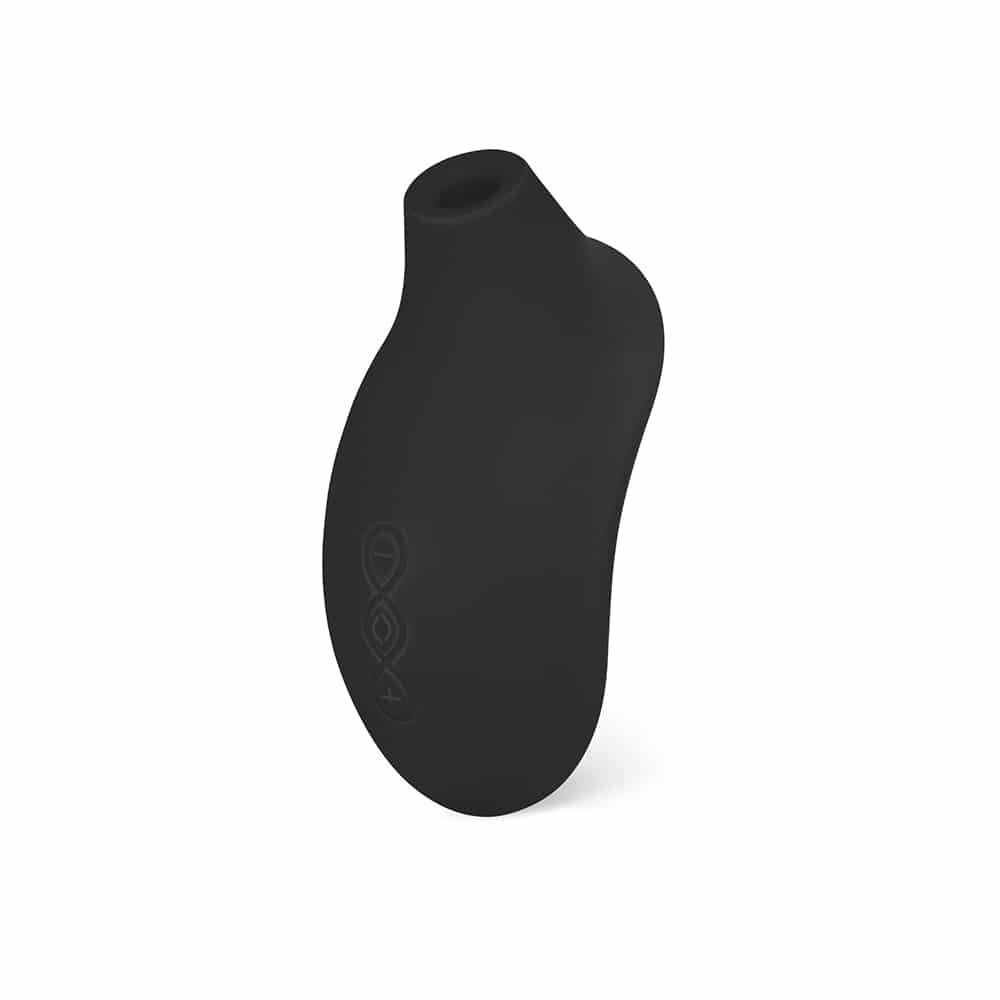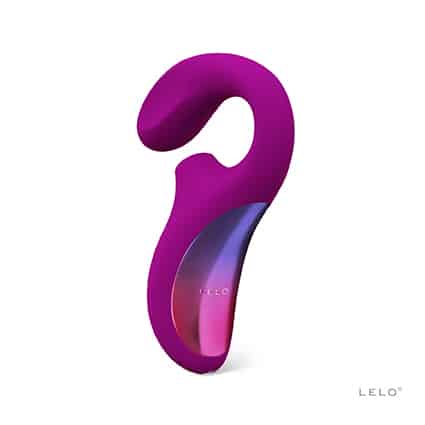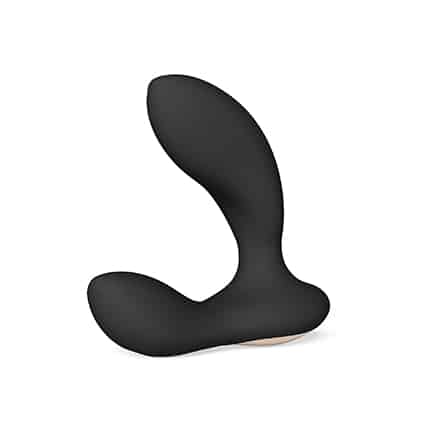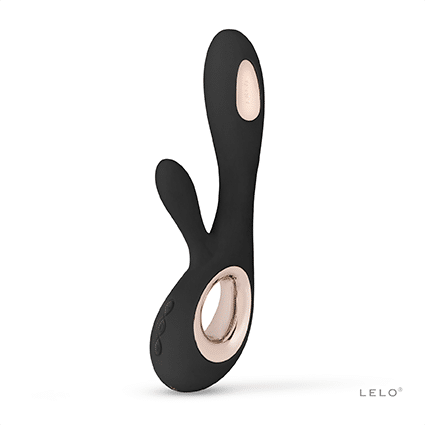”Desire doesn’t rush. It simmers slowly over time.” Valérie Tasso, sexologist, writer and LELO Ambassador
In a time when sex is widely discussed but often misunderstood, acclaimed author, sexologist, and LELO ambassador in Spain, Valérie Tasso, invites us to rethink everything we know about desire. In partnership with LELO, her new book “Sexual Desire: Everything You Want to Know” takes a bold, multi-layered look at what it truly means to desire – emotionally, physically, and culturally.
“In today’s society, what many people struggle with isn’t too much desire, but the absence of it. I see this every day in my work, and it affects everyone – couples, singles, even young people. So many think desire must come naturally; if it doesn’t, they assume something’s broken. But sometimes, we just need to awaken, feed, and give it space. That’s what this book is about: helping people reconnect with their desire, instead of fearing it,” says Valérie Tasso, sexologist and author of the book “Sexual Desire: Everything You Want to Know”.
To back up the book’s insights and theory with real data, LELO surveyed over 9,000 people across the globe on how they understand, experience, and express sexual desire today.
What Is Desire, Really?
Generally, “desire” refers to the drive, the energy that keeps us going and motivates us to pursue our dreams, projects, and desires. Sexual desire can be defined as an emotional and physical attraction to another person and can manifest in many ways, from flirting to sexual intimacy. This desire is tied to reproduction and is crucial to people’s emotional connection with others. As Valérie Tasso explains in the book, ”the chemistry behind sexual desire involves a complex interaction of hormones, neurotransmitters, and psychological factors.”
According to the survey, 43% of respondents said their desire feels both psychological and physical, as if it’s a deeply intertwined sensation. Meanwhile, 25% experience it more psychologically (it begins in the mind), while 20% say it’s mostly physical (it begins in the body).
Desire vs. Attraction: Not the Same Thing
While 15% of people believe sexual desire is the same as attraction, half of the respondents (50%) believe they are related but not the same thing. And the science backs them up. As Valérie Tasso explains: “Sexual attraction has to do with who you are attracted to, while sexual desire is about an impulse to act on that attraction… Both are important aspects of sexuality, but have their own characteristics.” In summary, both can influence each other, and that’s why people sometimes mix them up, even though they’re not the same thing. You can feel sexual desire without necessarily being attracted to someone in particular. It’s not in your control, so relax and don’t feel guilty about it.
Multiple Desires, One Reality
Can you desire more than one person at a time? Apparently, yes, because most of us do. A striking 81% of respondents admitted to having experienced sexual desire for multiple people at the same time. Rather than a threat to monogamy, this reflects the desire’s layered and fluid nature.
Valérie Tasso reminds us in the book: “Desire is not love. Feeling attracted to someone outside your relationship doesn’t mean you’re unfaithful – it means you’re human.” After all, desire can manifest in many ways, from feeling romantic to being only physically attracted to one person, to several people. It can also be manifested as polyamory, where people see consensual and open relationships with multiple partners.
Desire Isn’t Constant
While some people feel sexual desire frequently and randomly, others need more warming up before they get in the mood. It’s good to know that there may be changes in a person’s sexual desire throughout life. Our survey shows that nearly half of the respondents (45%) have their libido disappear at times, and that’s normal.
Sexual desire may vary over time and can be influenced by factors like stress, physical health, relationships, and personal experiences. The key takeaway? As the book points out, fluctuation is not failure. Open communication, curiosity, and mutual empathy can help couples navigate mismatches and rediscover intimacy.
“At LELO, we believe that sexual education has to go deeper, beyond orgasms and technique, and start with understanding how desire truly works. This book and the survey confirm what we’ve long suspected: when people are confused, shame and silence often follow. If we want to shift the conversation around sexual wellness, it has to begin with open, honest talk about desire,” says Luka Matutinović, LELO CMO.
While this book might not give you all the answers, it will offer a refreshing perspective rooted in science, experience, and history. “Sexual Desire: Everything You Want to Know” is not just an informative read; it’s an invitation to reflect, explore, and understand yourself more deeply. It might not solve every question, but it will definitely change how you ask them.
The whole book is now available – dive into the full exploration here.
Discover pleasure with:






